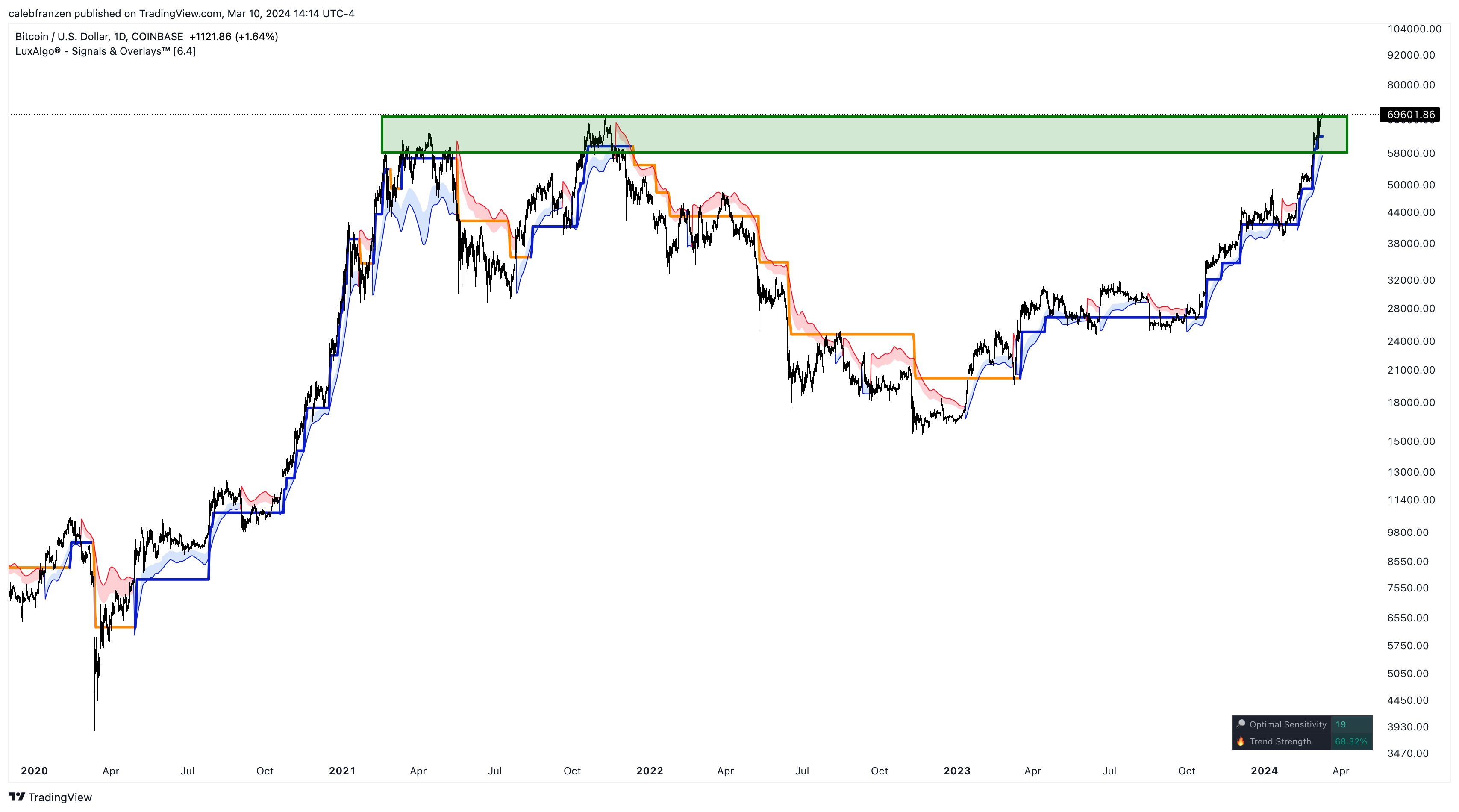Crypto market sentiment is sharply divided. Just two months after the Bitcoin halving, a survey reveals only 49.3% of 2,558 participants are bullish on the market.
The initial post-halving rally has seen a reversal, and now the enthusiasm seems to have waned. Specifically, 26.1% of those surveyed are somewhat bullish, while 23.2% are fully bullish.

In contrast, 25% of participants remain neutral. This suggests many are unsure about the market’s direction and are adopting a wait-and-see approach. This neutrality is the second most common sentiment among those surveyed.
Furthermore, 25.2% of participants are bearish. This sentiment is almost evenly split between those who are somewhat bearish (13.4%) and those who are fully bearish (11.8%).
The survey categorized participants into four groups: investors, builders, traders, and spectators. Investors are the most optimistic, with 54.1% feeling bullish and only 20.7% bearish.
Builders follow, with 47.6% expressing bullish sentiments and 31.6% bearish. Traders, however, are more divided. About 39.0% of traders are bullish, while 33.5% are bearish.

This split likely reflects the traders’ focus on short-term price movements, which can make their outlook more volatile. But, investors and builders, who are focused on long-term potential, show more stable sentiments.
Spectators are the most pessimistic group. Only 28.5% are bullish, while a 42.4% are bearish. These participants typically have no direct involvement in crypto, which might explain their negative outlook.
The survey was conducted from June 25 to July 8, with 2,558 crypto participants. According to the results, 69% of participants identify as crypto investors with long-term holdings, 18% as traders with shorter-term holdings, 7% as builders, and 6% as sidelined spectators.
In terms of experience, 46% of participants are in their first crypto cycle (0 to 3 years), 41% are in their second cycle (4 to 7 years), and the remaining are veterans with over 8 years of experience.
Geographically, 90% of participants are based in Europe, Asia, North America, and Africa. The rest are in Oceania or South America.
Reporting by Jai Hamid




